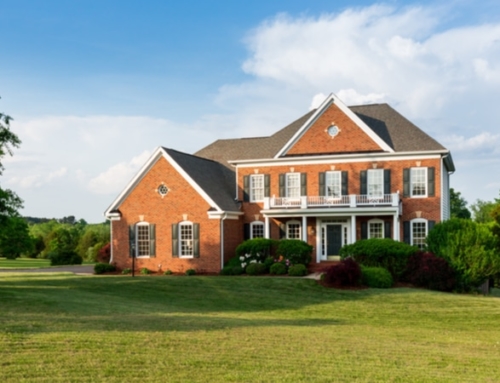Q: My grandparents purchased a house and 70 acres in 1943. My grandfather died in 2002.
My grandmother is selling 60 acres of the land. They paid $2,500 for the land in 1943. She is selling the land for over 2 million dollars. What kinds of taxes does she face?
A: What a nice investment your grandparents made.
The answer to your question depends on how title was held, how the inheritance was passed and what the stepped up basis for the property was declared to be when your grandfather died.
Here is how this kind of situation is sometimes resolved, assuming your grandparents each owned half the property. When your grandfather died, your grandmother inherited his half of the property at whatever its then current market value was in 2002.
The estate should have valued the property at that time. Let’s assume it was worth $1.5 million in 2002. So, your grandfather’s half was worth $750,000, and that passed tax-free to your grandmother at that valuation, also known as the stepped-up basis.
Today, your grandmother is selling most of the acreage, but keeping 10 acres. Let’s assume she is keeping her house that is on the land. So, she is selling the property as an investment, not as a primary residence.
She will owe capital gains tax of 15 percent plus state tax on the profits from the sale. She and your grandfather paid $35.71 per acre in 1943, or $1,071.43 for 30 acres (her half of the 60 acres sold). That’s her cost basis. And we’ll assume the cost basis on your grandfather’s 30 acres being sold is $750,000.
Her “profit” from her half of the sale, assuming there are no costs of sale, would be about $1,000,000 (her half of the sales price) minus her cost basis, or $1,071, plus any capital improvements she’s made to the land over the years. Capital improvements might include a barn or a water well. Assuming there are none, she has about $1,000,000 in profits.
Her “profit” from your grandfather’s 30 acres would be $1,000,000 minus her stepped-up cost basis ($750,000), or $250,000.
She would owe $150,000 in capital gains tax on her share of the profits and $37,500 on the inherited half of the property, or about $187,500. She would then also owe any state taxes in the state in which she lives.
Of course, there are other considerations that may change these numbers significantly. I urge you to have your grandmother consult with her accountant or estate planning attorney to make sure she understands the tax ramifications of the sale. With so much cash, she may want to work with a financial planner who can help her make solid long-term investments and an estate attorney who can help her minimize any estate taxes that might be owed down the line.
Finally, when your grandmother sells her home which is on the remaining 10 acres of land, she’ll be entitled to keep up to $250,000 in profits tax free, as long as she lived in the house for 2 of the last 5 years. Above that, she’ll owe long-term capital gains tax on the profits of 15 percent plus state tax.
July 19, 2006.






Leave A Comment